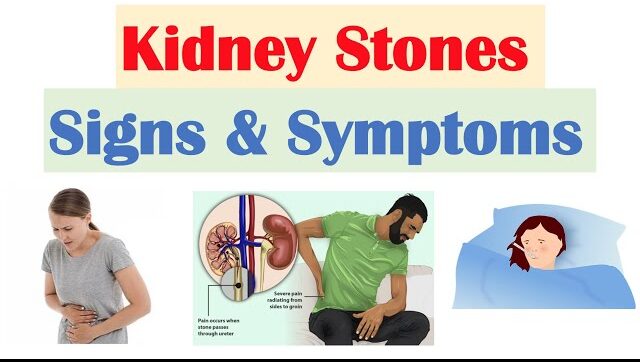
Understanding Kidney Stones: Types, Symptoms, and Treatment Options

Kidney stones, though small in size, can cause immense pain and discomfort. As a urologist, Dr. Dilip Kumar Mishra understands the significance of educating patients about the different types of kidney stones, their symptoms, and the available treatment options.
In this article, we delve into the world of kidney stones to provide comprehensive insights for patients seeking understanding and relief.
Types of Kidney Stones
- Calcium Stones: The most common type of kidney stone, calcium stones are primarily composed of calcium oxalate or calcium phosphate. Excessive intake of oxalate-rich foods, such as spinach and nuts, can contribute to their formation.
- Struvite Stones: Also known as infection stones, struvite stones often develop in individuals with urinary tract infections. They can grow rapidly and may cause complications if not treated promptly.
- Uric Acid Stones: High levels of uric acid in the urine can lead to the formation of uric acid stones. These stones are more prevalent in individuals with a history of gout or those who consume a purine-rich diet.
- Cystine Stones: Cystine stones are rare and are caused by a genetic disorder that leads to abnormal excretion of cystine, an amino acid, in the urine. They tend to recur and may require specialized treatment.
Symptoms of Kidney Stones
The symptoms of kidney stones can vary depending on their size and location. Common signs and symptoms include:
- Intense pain in the back, side, abdomen, or groin
- Nausea and vomiting
- Blood in the urine
- Frequent urination
- Difficulty urinating
- Fever and chills (if an infection is present)
It is essential to seek medical attention if you experience any of these symptoms, as prompt diagnosis and treatment can prevent complications and alleviate discomfort.
Treatment Options
- Pain Management: Over-the-counter pain medications, such as ibuprofen or acetaminophen, may help alleviate mild to moderate pain associated with kidney stones. In cases of severe pain, stronger pain medications or even intravenous pain relief may be necessary.
- Fluid Intake: Increasing fluid intake, particularly water, can help flush out small kidney stones and prevent their formation. Aim to drink at least 8-10 glasses of water per day, or more if you are physically active or live in a hot climate.
- Medication: Depending on the type of kidney stone, your urologist may prescribe medications to help dissolve the stones or prevent their recurrence. For example, thiazide diuretics may be prescribed to reduce the formation of calcium stones, while allopurinol may be used to lower uric acid levels in the urine.
- Surgical Intervention: In cases where kidney stones are large or causing complications, surgical intervention may be necessary. Common procedures include shock wave lithotripsy, ureteroscopy, and percutaneous nephrolithotomy, which involve breaking up or removing the stones using minimally invasive techniques.
Conclusion
Kidney stones can be a source of significant discomfort and inconvenience, but with timely intervention and appropriate treatment, most individuals can find relief. As a urologist dedicated to patient care, Dr. Dilip Kumar Mishra emphasizes the importance of education and awareness in managing kidney stone-related issues. By understanding the types of stones, recognizing symptoms, and exploring treatment options, patients can take proactive steps towards better kidney health and overall well-being.